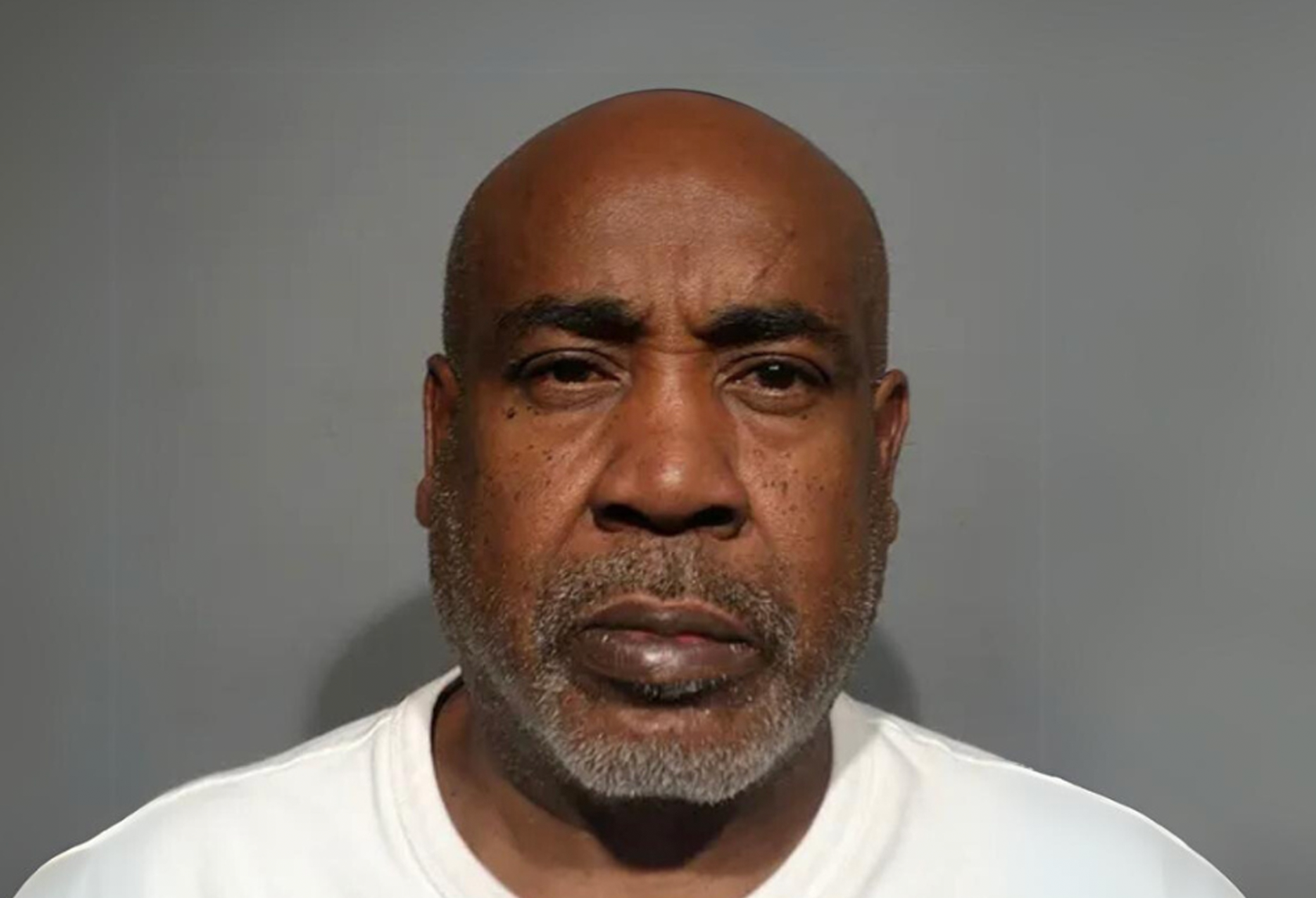Top Stories

FEATURED ITEM

The recent passing of a controversial law in California has raised widespread concerns and ignited a fierce debate across the nation. This new law, Assembly Bill 145, has brought forth a wave of outrage and disbelief, as it appears to protect individuals convicted of pedophilia. The reactions have been swift and strong, with many labeling the law as vile and dangerous.
Assembly Bill 145, signed into law by California Governor Gavin Newsom, focuses on changing the state's sex offender registry requirements. Under this law, judges will have more discretion when determining whether individuals convicted of certain sex crimes, such as statutory rape, should be added to the sex offender registry.
Critics argue that this law essentially legalizes pedophilia and paves the way for child predators to escape the appropriate consequences for their actions. They express concerns that it undermines the safety of children and sends a chilling message to society.
Supporters of Assembly Bill 145, on the other hand, claim that the law is a step towards equity and fairness. They argue that it ensures that individuals convicted of certain non-violent sex offenses are not subject to the same severe penalties as those convicted of more serious crimes. They believe that the law takes into account the nuances and circumstances of each case, allowing judges to exercise discretion and make appropriate decisions.
However, it is important to clarify that Assembly Bill 145 does not legalize or condone pedophilia. It focuses on specific cases where an individual, often a young adult, engages in a consensual sexual relationship with a minor who is close in age. The law seeks to avoid branding these individuals as lifelong sex offenders if the age difference between the parties involved is minimal.
Critics argue that this law fails to acknowledge the power dynamics present in these relationships and the potential for manipulation and coercion. They worry that it may inadvertently create loopholes that could be exploited by predators seeking to prey on vulnerable young individuals.
The controversy surrounding Assembly Bill 145 has raised important questions about the balance between punishment and rehabilitation within the criminal justice system. While it is crucial to hold individuals accountable for their actions, it is also essential to consider factors such as age, intent, and the potential for rehabilitation.
Critics of the law assert that it ultimately undermines the purpose of the sex offender registry, which is to protect society from dangerous individuals. They argue that even minor age differences should not overshadow the potential harm caused by engaging in sexual acts with a minor.
In conclusion, the passing of California's Assembly Bill 145 has sparked a heated debate about the protection of pedophilia. While critics argue that the law undermines the safety of children, supporters defend it as a step towards fairness and rehabilitation. It is crucial to carefully consider the potential consequences and implications of such legislation to strike a balance between accountability and the pursuit of justice.
The recent passing of a controversial law in California has raised widespread concerns and ignited a fierce debate across the nation. This new law, Assembly Bill 145, has brought forth a wave of outrage and disbelief, as it appears to protect individuals convicted of pedophilia. The reactions have been swift and strong, with many labeling the law as vile and dangerous.
Assembly Bill 145, signed into law by California Governor Gavin Newsom, focuses on changing the state's sex offender registry requirements. Under this law, judges will have more discretion when determining whether individuals convicted of certain sex crimes, such as statutory rape, should be added to the sex offender registry.
Critics argue that this law essentially legalizes pedophilia and paves the way for child predators to escape the appropriate consequences for their actions. They express concerns that it undermines the safety of children and sends a chilling message to society.
Supporters of Assembly Bill 145, on the other hand, claim that the law is a step towards equity and fairness. They argue that it ensures that individuals convicted of certain non-violent sex offenses are not subject to the same severe penalties as those convicted of more serious crimes. They believe that the law takes into account the nuances and circumstances of each case, allowing judges to exercise discretion and make appropriate decisions.
However, it is important to clarify that Assembly Bill 145 does not legalize or condone pedophilia. It focuses on specific cases where an individual, often a young adult, engages in a consensual sexual relationship with a minor who is close in age. The law seeks to avoid branding these individuals as lifelong sex offenders if the age difference between the parties involved is minimal.
Critics argue that this law fails to acknowledge the power dynamics present in these relationships and the potential for manipulation and coercion. They worry that it may inadvertently create loopholes that could be exploited by predators seeking to prey on vulnerable young individuals.
The controversy surrounding Assembly Bill 145 has raised important questions about the balance between punishment and rehabilitation within the criminal justice system. While it is crucial to hold individuals accountable for their actions, it is also essential to consider factors such as age, intent, and the potential for rehabilitation.
Critics of the law assert that it ultimately undermines the purpose of the sex offender registry, which is to protect society from dangerous individuals. They argue that even minor age differences should not overshadow the potential harm caused by engaging in sexual acts with a minor.
In conclusion, the passing of California's Assembly Bill 145 has sparked a heated debate about the protection of pedophilia. While critics argue that the law undermines the safety of children, supporters defend it as a step towards fairness and rehabilitation. It is crucial to carefully consider the potential consequences and implications of such legislation to strike a balance between accountability and the pursuit of justice.
Related Articles

Unmasking the Shadows: The Rise and Fall of a £126 Million Crime Boss

Mafia Meltdown: International Crackdown Shakes Criminal Underworld

Unveiling Tupac: The Power of Dialogue

Unleashing Greatness: The Extraordinary Journey of Mike Jones and Primal Canine

Breaking the Stigma: California's Push for Magic Mushroom Decriminalization

Bizarre Spider Invasion Sends Grocery Store into Panic Mode
Newest Releases
SHOP THE COMPLETE OMERTA STOREFEATURED ITEM
MOST POPULAR
ADVERTISMENT
















